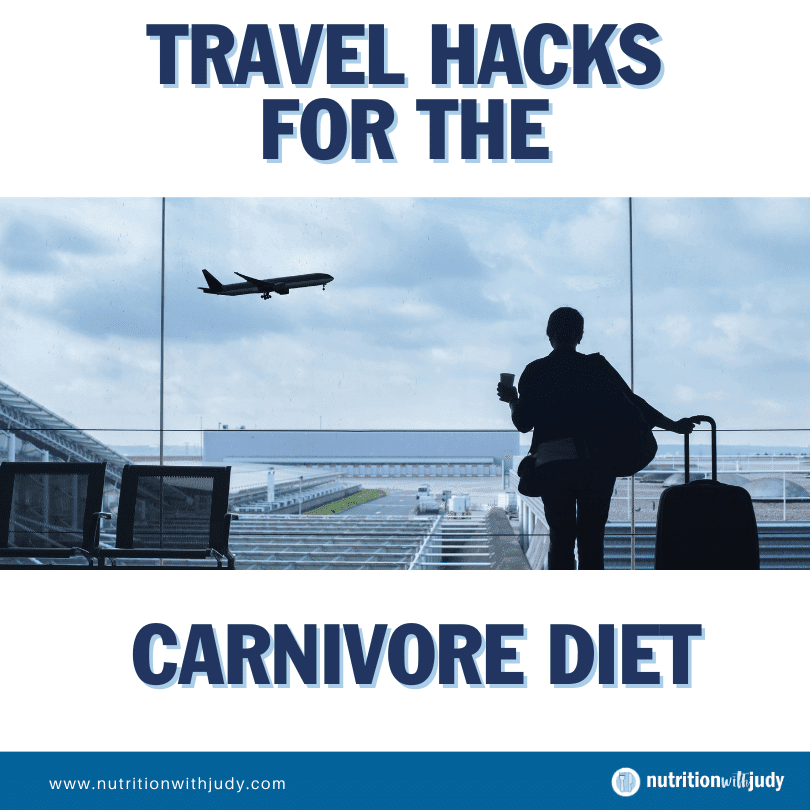

Travel Hacks for the Carnivore Diet


Continuing on a health journey with the carnivore diet doesn’t have to pause when you travel. Staying consistent with your dietary habits while on the go is crucial for maintaining the health benefits and progress you’ve made. Planning ahead is key to navigating the challenges of finding carnivore diet-friendly options in unfamiliar territories.
We understand the importance of sticking to your dietary choices, no matter where life takes you. In this article, we’ll share our top travel hacks and best practices for the carnivore diet enthusiast. From selecting the right accommodations to packing essentials that keep you on track, we’ve got you covered.
Let’s dive into making travel seamless with your carnivore diet, ensuring you stay nourished and energized throughout your adventures.
What Is the Carnivore Diet?
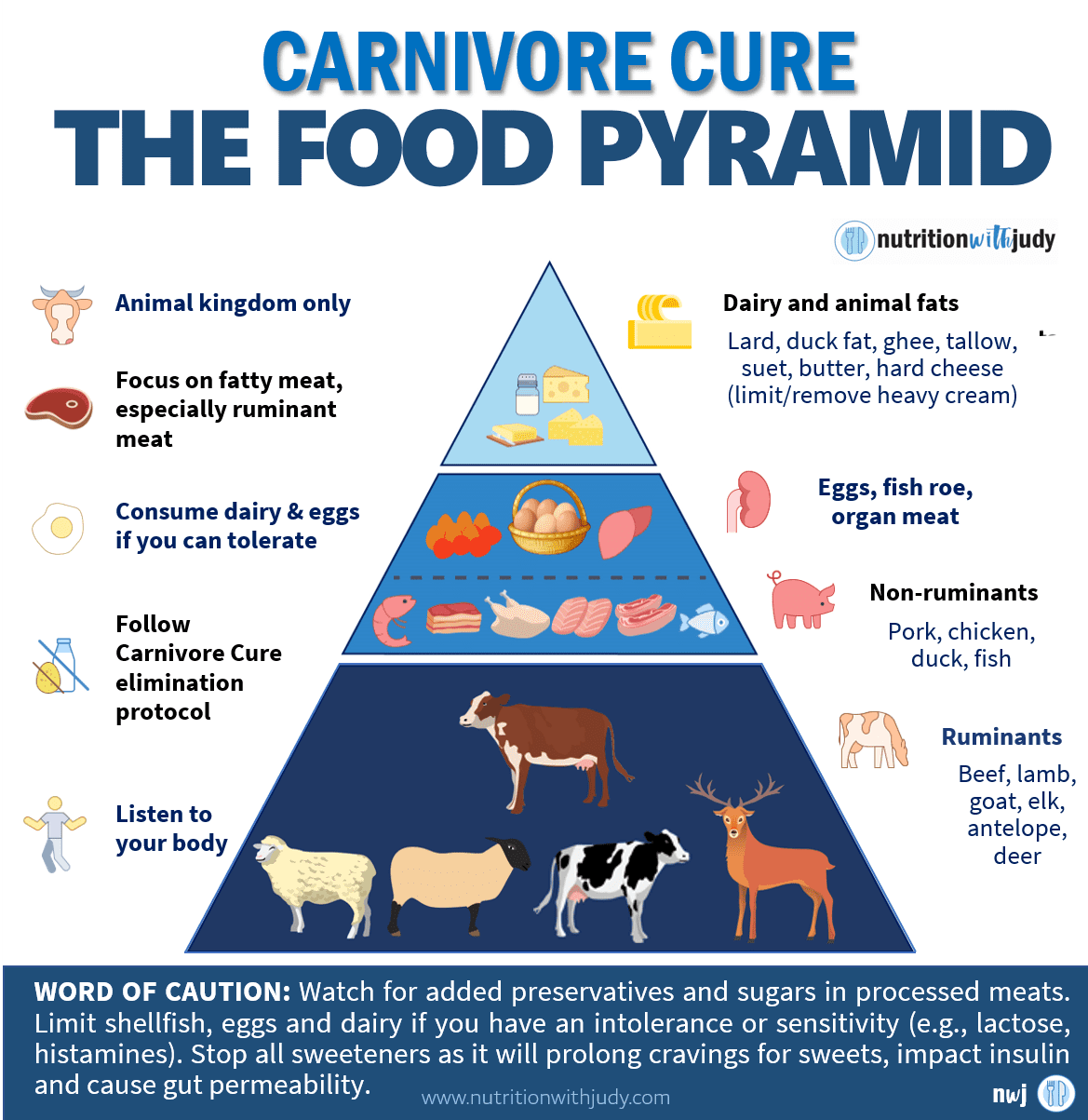

The carnivore diet caters to diverse health objectives and preferences with several adaptations, each distinct in its approach:
- Beef-Only Carnivore Diet: Ideal for those beginning their journey towards addressing autoimmune or chronic conditions, focusing solely on beef for its simplicity and effectiveness. Diversification with different meats is advisable for long-term nutritional balance.
- Lion Diet: A more restrictive variant, limiting intake to ruminant meats, salt, and water, perfect for initial elimination protocols and those focusing on autoimmune and gut health.
- Nose-to-Tail Carnivore Diet: Encourages consuming the entire animal, including organ meats, to ensure a broad spectrum of nutrients, with a note of caution on liver and kidney for individuals with specific health conditions.
- Meat-Only Variation: Includes all types of muscle meat, excluding organ meats, dairy, and eggs, serving as a foundational diet for those tolerating muscle meats well.
- Zero-Carb Carnivore Diet: Emphasizes meats, dairy, and eggs with minimal to no carbs, suitable for individuals without autoimmune or serious chronic health issues.
- Carnivore Keto Diet: Blends the carnivore and ketogenic diets for a low-carb, high-fat regimen, incorporating select plant-based foods such as avocados and coconut oil, aimed at those who are metabolically healthy.
- Carnivore-Ish Keto Diet: Offers greater flexibility by adding more ketogenic elements and is recommended for metabolically healthy individuals without food addiction concerns.
- Animal-Based Diet: A less stringent version that includes fruits, honey, and raw dairy, observed to benefit metabolically flexible individuals and elite athletes in clinical settings. We don’t recommend this variation due to the risks of consuming high fat with sugar.
What Are the Benefits of the Carnivore Diet?
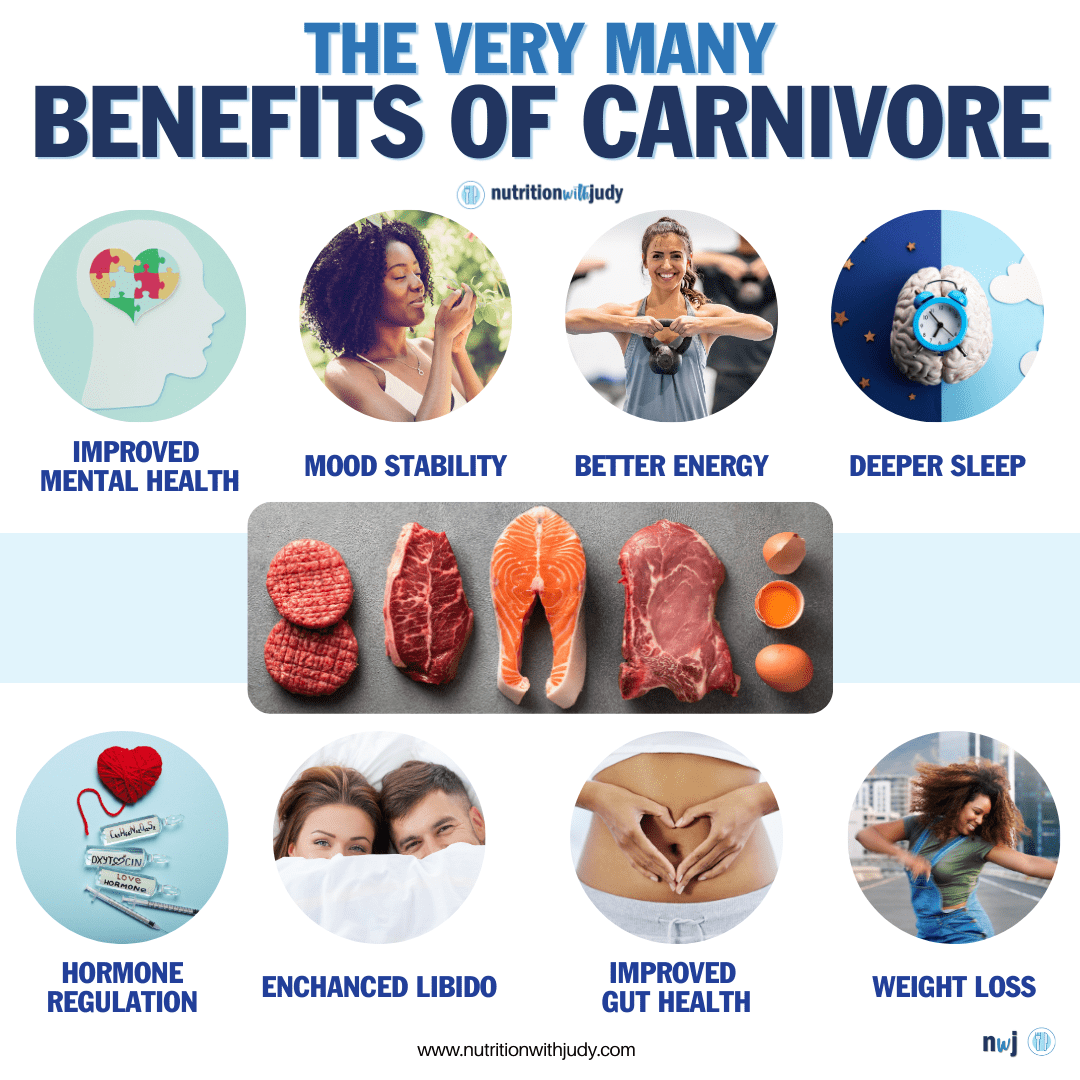

The carnivore diet, focusing exclusively on animal products, offers a range of benefits that appeal to many looking for health improvements and simplified dietary practices. Primarily, it is renowned for its effectiveness in reducing inflammation and autoimmune symptoms, providing relief for individuals suffering from chronic conditions. This diet streamlines food choices, making it easier to manage and potentially aiding in weight loss through a high-protein, low-carbohydrate approach that can satiate appetite more effectively and stabilize blood sugar levels.
Digestive health can significantly improve on the carnivore diet, as it eliminates plant-based foods, which are common irritants for those with sensitivities or gut health issues. The absence of fiber, often contrary to traditional dietary advice, may actually lead to better digestion for some individuals by reducing bloating, gas, and other gastrointestinal discomforts.
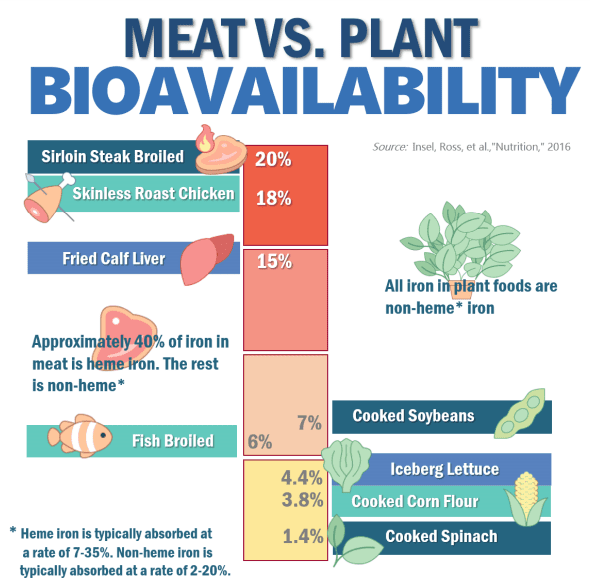

Nutrient density is another hallmark of the carnivore diet, with meat providing high levels of essential vitamins and minerals, particularly B vitamins, iron, zinc, and selenium, along with high-quality protein and fats. This can enhance overall nutrition, muscle growth, and recovery for individuals, especially when including a variety of meats and organ meats in the diet.
Mental health benefits, including mood stabilization and cognitive improvements, have been anecdotally reported by many following the diet. This could be due to the elimination of sugar and processed foods, which can impact blood sugar levels and brain function, or the increased intake of omega-3 fatty acids from fatty fish, which are known to support brain health.
Moreover, the carnivore diet simplifies meal planning and preparation, as it focuses on a single food group. This simplicity can make it easier for individuals to stick to their dietary goals, reducing decision fatigue and the temptation to consume unhealthy foods. It also potentially aids in achieving ketosis, a state where the body burns fat for fuel instead of carbohydrates, which can lead to increased energy levels and further weight loss.
Planning for Car or Air Travel
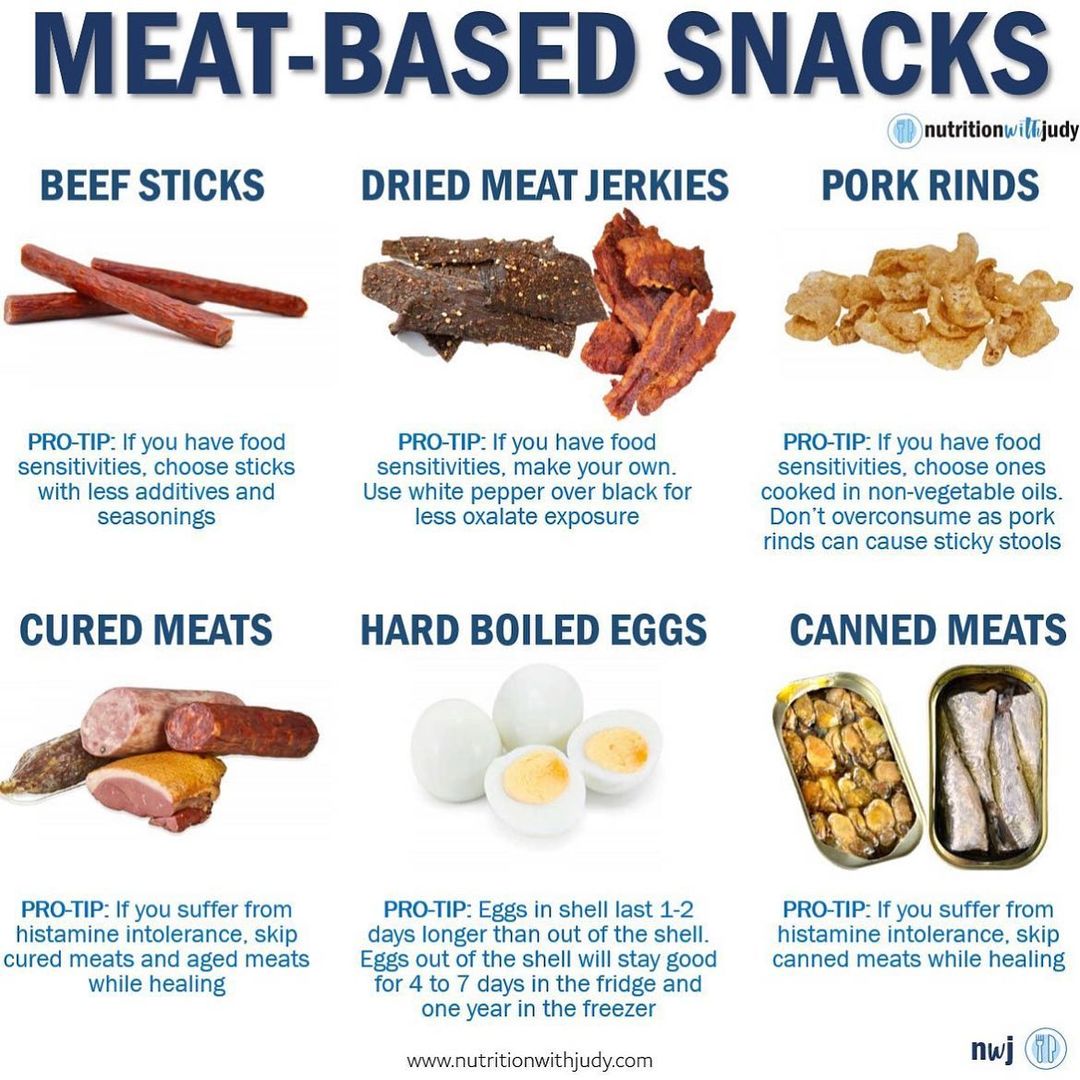

Traveling while adhering to the carnivore diet, whether by car or airplane, requires strategic planning to maintain dietary consistency. Bringing your own food is key, with portable, non-perishable options such as jerky, hard cheeses (if dairy is included in your diet), and canned fish being ideal choices.
For car travel, a cooler can expand your options to include fresh meats, hard-boiled eggs, and butter for added variety. When flying, focus on dry foods to avoid security restrictions, packing them in clear, sealable bags for easy inspection. You’re allowed to bring ice packs through TSA as long as they’re completely frozen so this can also help broaden the scope of items you can take on board.
Staying hydrated is crucial, so bring a water bottle to refill after security checks. Researching your destination ahead of time for carnivore-friendly dining options can also ease the stress of meal planning while away from home. These tips ensure that maintaining a carnivore diet while traveling is both manageable and stress-free.
Things to Consider for Your Trip
Maintaining the carnivore diet while on the move is fully achievable with a bit of foresight and preparation. By planning ahead and bringing certain essentials, you can ensure that your dietary needs are met, no matter where you are. This involves selecting the right kinds of travel-friendly foods, understanding how to store them, and knowing where you can source carnivore diet-compliant meals during your journey.
Whether you’re traveling by car or plane, there are strategies and tips that can make adhering to your dietary preferences easier and more convenient. Our guide will equip you with all the necessary information to make staying on the carnivore diet stress-free and straightforward, even when you’re away from the comforts of home.
Items You May Want to Bring With You
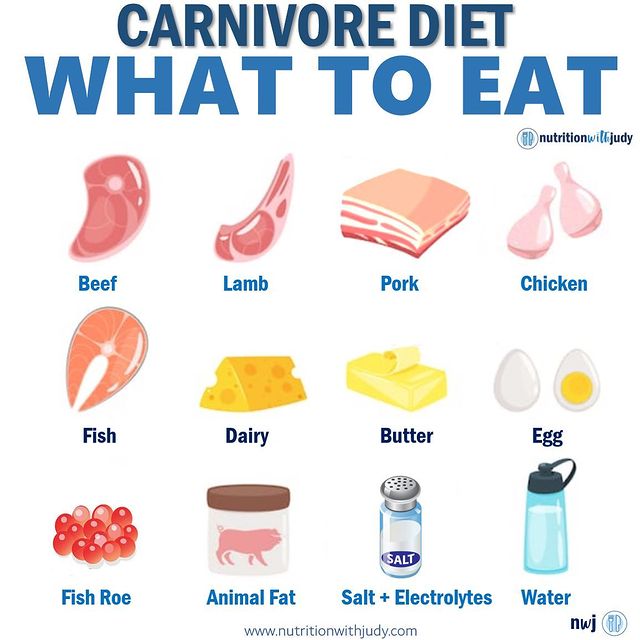

To stay consistent with the carnivore diet while traveling, thoughtful preparation is key. Bringing non-refrigerated snacks such as jerky, canned fish, and hard cheeses can keep you satiated on the go. Packing travel containers of essentials such as salt and butter can enhance flavor and nutrient intake.
Utilizing local grocery stores upon arrival allows for restocking your favorite fresh meats and eggs, ensuring you have access to high-quality, carnivore diet-friendly foods. Opt for vacuum-sealed meats or dry-cured products for convenience. These strategies not only maintain dietary consistency but also ensure you enjoy your travels without compromising on nutrition or taste.
Find Carnivore Diet-Friendly Restaurants
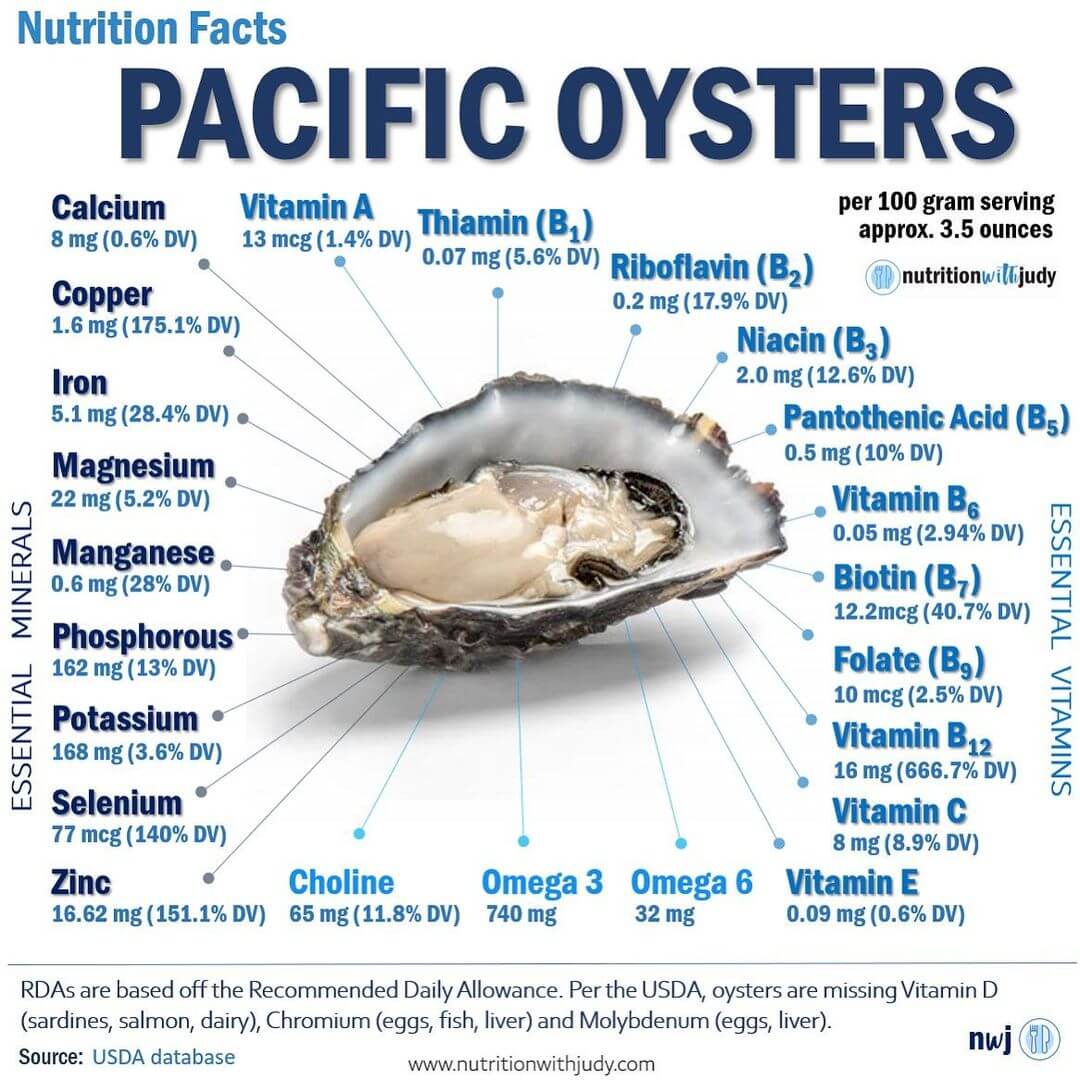

To prepare for travel on the carnivore diet, advanced planning is essential. Begin by researching restaurants at your destination that are likely to offer carnivore-friendly options. Most dining establishments serve meat dishes that can be customized to fit the carnivore diet. When ordering, specify your preferences for simple, unseasoned cuts of meat and request the omission of sauces or dressings that may contain non-carnivore ingredients.
Inquire about substituting non-compliant sides for additional animal-based options. Communication with restaurant staff about your dietary needs can help ensure a satisfying and compliant dining experience. Additionally, consider choosing accommodations with kitchen facilities, allowing you to prepare your own meals if restaurant options are limited. This proactive approach to dining out can significantly enhance your travel experience while adhering to the carnivore diet.
Other Carnivore Diet Travel Items
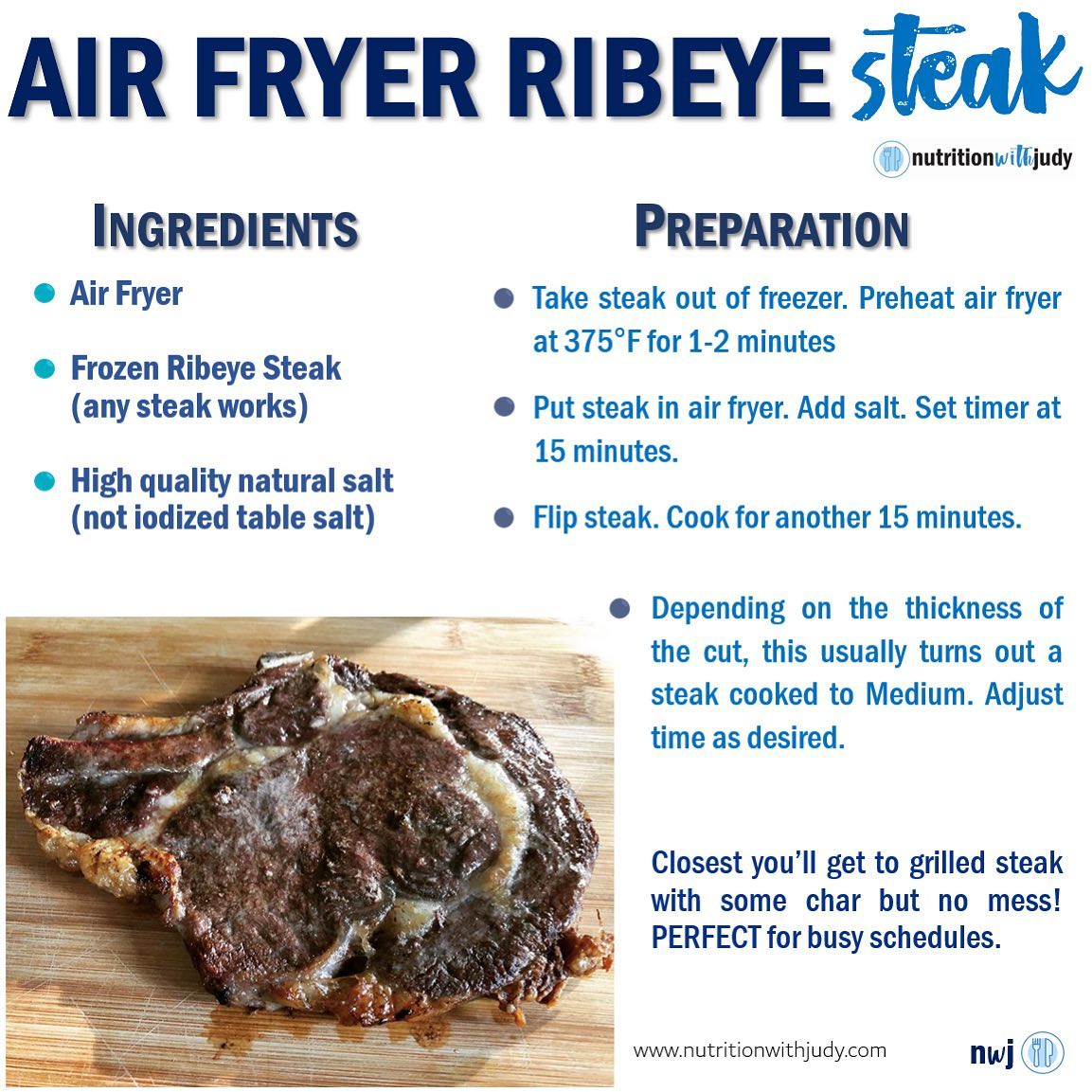

For carnivore dieters who need to prepare their own meals while traveling, bringing cooking appliances such as an air fryer or a combination of a stainless steel pan and induction cooktop can make a significant difference. Opting for accommodations with kitchens, such as Airbnbs, provides the necessary facilities for cooking fresh, unaged meat, a requirement for some individuals on strict dietary regimes.
Planning ahead by arranging for meat to be shipped directly to the accommodation ensures that dietary needs are met, allowing for a stress-free travel experience while adhering to the carnivore diet. This level of preparation and choice of stay can empower travelers to maintain their health and dietary preferences without compromise.
Closing Thoughts for Traveling On a Carnivore Diet
Maintaining a carnivore diet while traveling involves a multi-faceted approach of preparation, adaptation, and communication. It starts with packing travel-friendly, non-perishable protein sources such as beef jerky, canned fish, and hard cheeses, ensuring you have access to suitable foods no matter your location. Travel-sized condiments such as salt and butter can enhance these meals, providing both flavor and necessary fats.
For those with specific dietary needs, such as requiring unaged meat, planning includes having such items shipped directly to your accommodation. Opting for stays with kitchen facilities, such as Airbnbs, allows for the preparation of these fresh foods, giving you control over your diet away from home. Bringing cooking appliances, such as an air fryer or a stainless steel pan and induction cooktop, can further ease this process, ensuring you can cook meals to your preference.
When dining out, the key is to communicate clearly with restaurant staff about your dietary restrictions, opting for simple, unseasoned cuts of meat, and requesting substitutions for non-carnivore side dishes. Researching carnivore-friendly restaurants and menus in advance can also mitigate the stress of finding suitable dining options.
This comprehensive planning and proactive approach to maintaining the carnivore diet while traveling not only makes it feasible but also enjoyable, allowing for dietary adherence without compromising on the travel experience. It underscores the importance of flexibility, creativity, and resourcefulness in navigating dietary restrictions in diverse environments.
Work With Our Trusted Carnivore Diet Functional Nutritional Therapy Practitioners
The Nutrition with Judy practice is honored to be a trusted carnivore diet practitioner support serving clients from around the globe. We’re passionate about helping our clients achieve root-cause healing in order to lead the best quality of life possible that’s nearly symptom-free. Our team is dedicated to educating our community about the incredible benefits of the carnivore diet. We welcome you to explore our free resources and are always available to support you through personalized protocols. Our Symptom Burden Assessment (SBA) is the perfect starting point for discovering your root cause and is required to work with our team— you can learn more in-depth about this powerful tool here.
Start your root-cause healing journey today and contact us any time with any questions or concerns.
DISCLAIMER: This content is for educational purposes only. While we are board-certified in holistic nutrition and are nutritional therapy practitioners, we are not providing medical advice. Whenever you start a new diet or protocol, always consult with your trusted practitioner first.




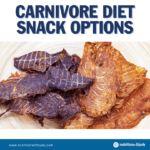

Micheal Hall
March 16, 2024 at 4:51 pmI’m glad you mentioned choosomg accommodations with a kitchen (I often choose Extended Stay America) and an imdictiom cook top – that’s exactly what I do. I travel for several weeks at a time and utilize local stores like Costco for beef, butter, bacon and eggs.
Last year, on a several week trip across country, I ate t-bone steak and eggs almost every night. Some of the best steaks I’d ever had – right from Costco. (I’ve yet toxfond any steaks like that at Csitco in my home state of California).
I set myself a budget of $300 for food for the trip and the proceeded not to think about i after that. After the trip I tallied my receipts and it turned out it was nearly dead on my target.
I’ve found this the best way to travel.